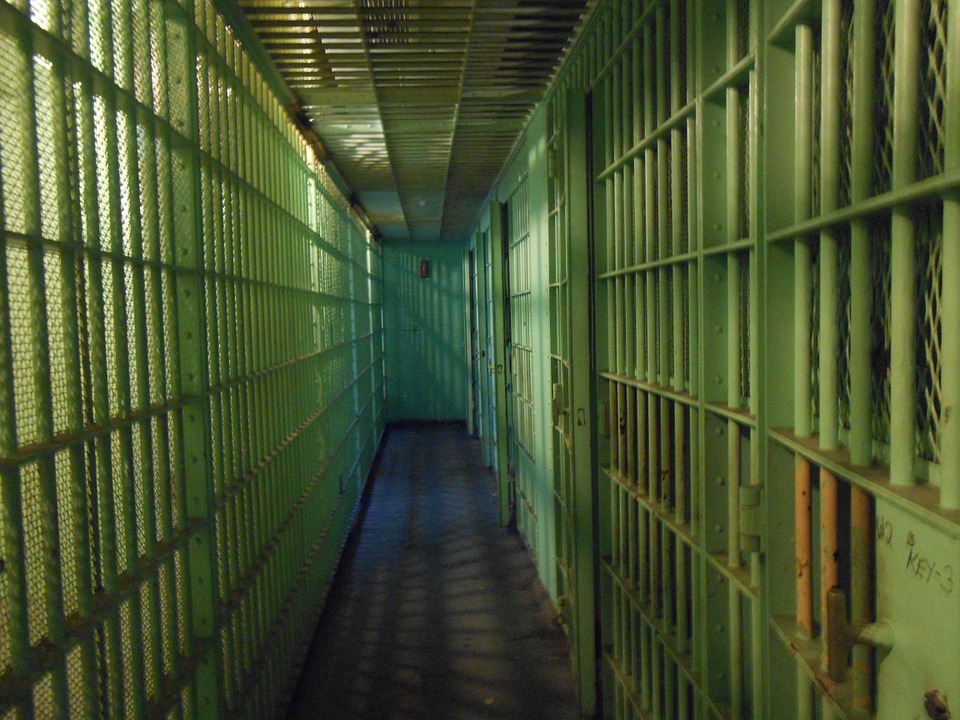Our Carolina Rebound report offers sweeping proposals across a broad range of policy areas to revive North Carolina’s economy after COVID-19 and Gov. Cooper’s shutdown and lockdown orders. Among them, I wrote about making criminal justice reforms and protecting property rights.
Criminal justice reform
 Releasing violent, dangerous offenders would pose a greater net risk of harm to society, but even before COVID-19 there were reasons to question why individuals who pose little threat to society are put in prisons. Bipartisan efforts against overcriminalization should continue in the virus’ wake. North Carolina’s criminal code should be streamlined, offenses that shouldn’t be crimes should be changed to infractions, and penalties should be proportionate to the offense given so that people shouldn’t be needlessly entangled in the criminal-justice system.
Releasing violent, dangerous offenders would pose a greater net risk of harm to society, but even before COVID-19 there were reasons to question why individuals who pose little threat to society are put in prisons. Bipartisan efforts against overcriminalization should continue in the virus’ wake. North Carolina’s criminal code should be streamlined, offenses that shouldn’t be crimes should be changed to infractions, and penalties should be proportionate to the offense given so that people shouldn’t be needlessly entangled in the criminal-justice system.
For those reasons, I recommended the following for criminal justice reform:
Reserve prison for violent, sexual, or habitual offenders — reduce overcriminalization and keep low-level offenders who pose no danger to society from getting needlessly entangled in the criminal justice system.
Protecting property rights
The governor’s executive orders shutting down untold businesses statewide over COVID-19 arguably amounted to a regulatory taking. Its effect was not unlike an eminent domain taking, in which government deprives owners of use of their property for a public purpose. Getting courts to award them compensation for their losses, even to the extent of bankruptcies, would be very difficult, however. State policymakers have been seeking to reform eminent domain in North Carolina to ensure takings are for true public uses and are fully compensated. After COVID, it has become clear that policymakers should also provide clear and fair guidelines for compensating property owners victimized by regulatory takings.
For those reasons, I recommended the following for protecting property rights:
Provide clear and fair guidelines for compensating business and property owners victimized by regulatory takings such as executive shutdown orders.


